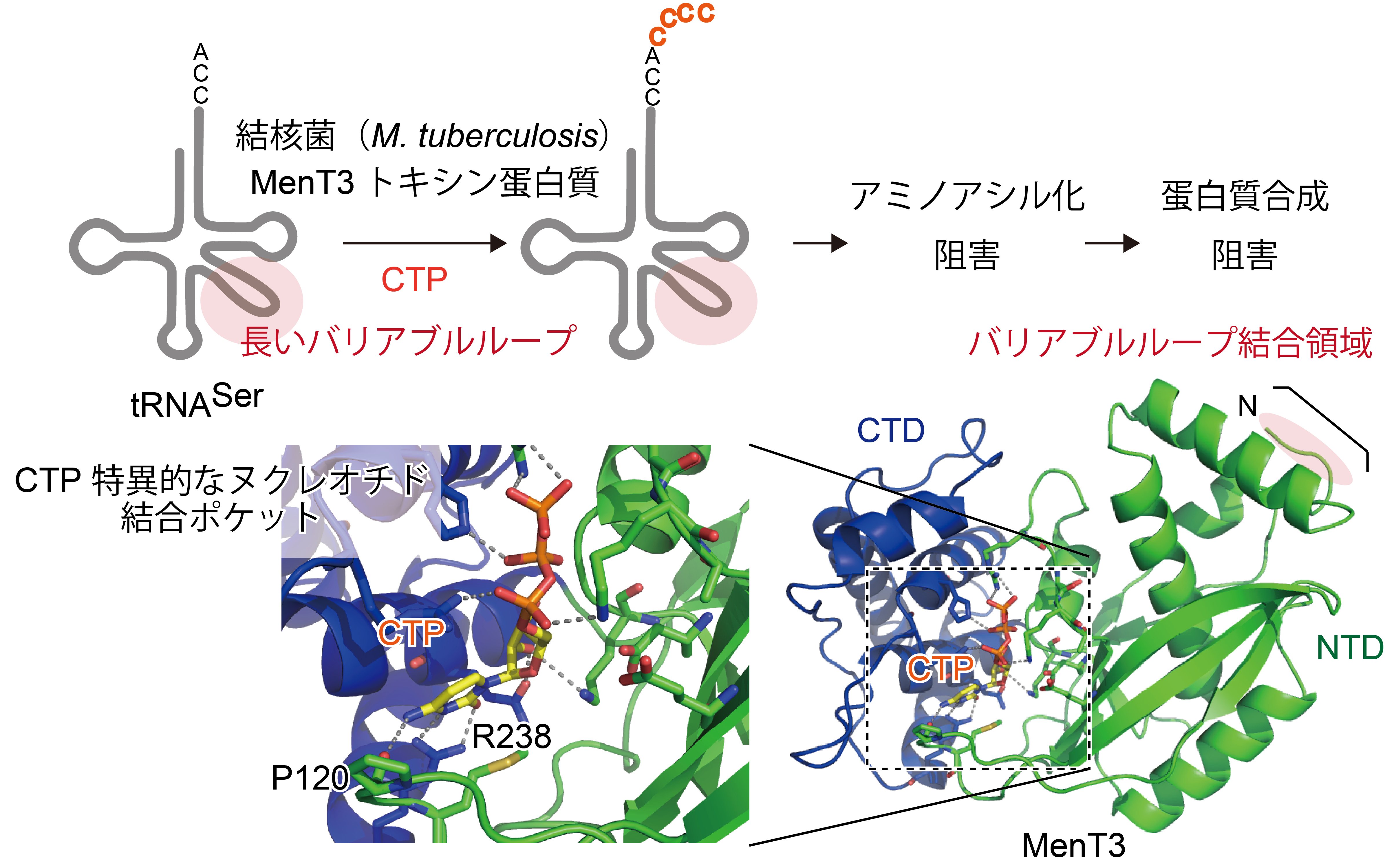2024-03-15 カロリンスカ研究所(KI)
<関連情報>
- https://news.ki.se/study-identifies-importance-of-management-of-blood-glucose-in-maternal-diabetes
- https://www.embopress.org/doi/full/10.1038/s44319-024-00097-7
適切な血糖管理は高血糖における生殖細胞を保護するが、子宮環境は保護しない Appropriate glycemic management protects the germline but not the uterine environment in hyperglycemia
Allan Zhao , Hong Jiang, Arturo Reyes Palomares , Alice Larsson , Wenteng He , Jacob Grünler, Xiaowei Zheng, Kenny A Rodriguez Wallberg , Sergiu-Bogdan Catrina , and Qiaolin Deng
EMBO Reports Published:15 March 2024
DOI:https://doi.org/10.1038/s44319-024-00097-7
Abstract
Emerging evidence indicates that parental diseases can impact the health of subsequent generations through epigenetic inheritance. Recently, it was shown that maternal diabetes alters the metaphase II oocyte transcriptome, causing metabolic dysfunction in offspring. However, type 1 diabetes (T1D) mouse models frequently utilized in previous studies may be subject to several confounding factors due to severe hyperglycemia. This limits clinical translatability given improvements in glycemic control for T1D subjects. Here, we optimize a T1D mouse model to investigate the effects of appropriately managed maternal glycemic levels on oocytes and intrauterine development. We show that diabetic mice with appropriate glycemic control exhibit better long-term health, including maintenance of the oocyte transcriptome and chromatin accessibility. We further show that human oocytes undergoing in vitro maturation challenged with mildly increased levels of glucose, reflecting appropriate glycemic management, also retain their transcriptome. However, fetal growth and placental function are affected in mice despite appropriate glycemic control, suggesting the uterine environment rather than the germline as a pathological factor in developmental programming in appropriately managed diabetes.
Synopsis

Appropriate glycemic management in diabetes protects the female germline from hyperglycemia-induced molecular alterations. It is not sufficient though to protect the uterine environment and affects fetal development, suggesting that the uterine environment might be a potential therapeutic target.
•Improved treatment for patients with type 1 diabetes (T1D) has led to appropriate glycemic management for patients but effects on offspring development persist.
•Glycemic levels reflecting appropriate glycemic management safeguard the molecular signatures of oocytes from both T1D model mice and human donors.
•Glycemic levels reflecting appropriate glycemic management fail to protect fetal development from an adverse uterine environment and placental hypoxia.


